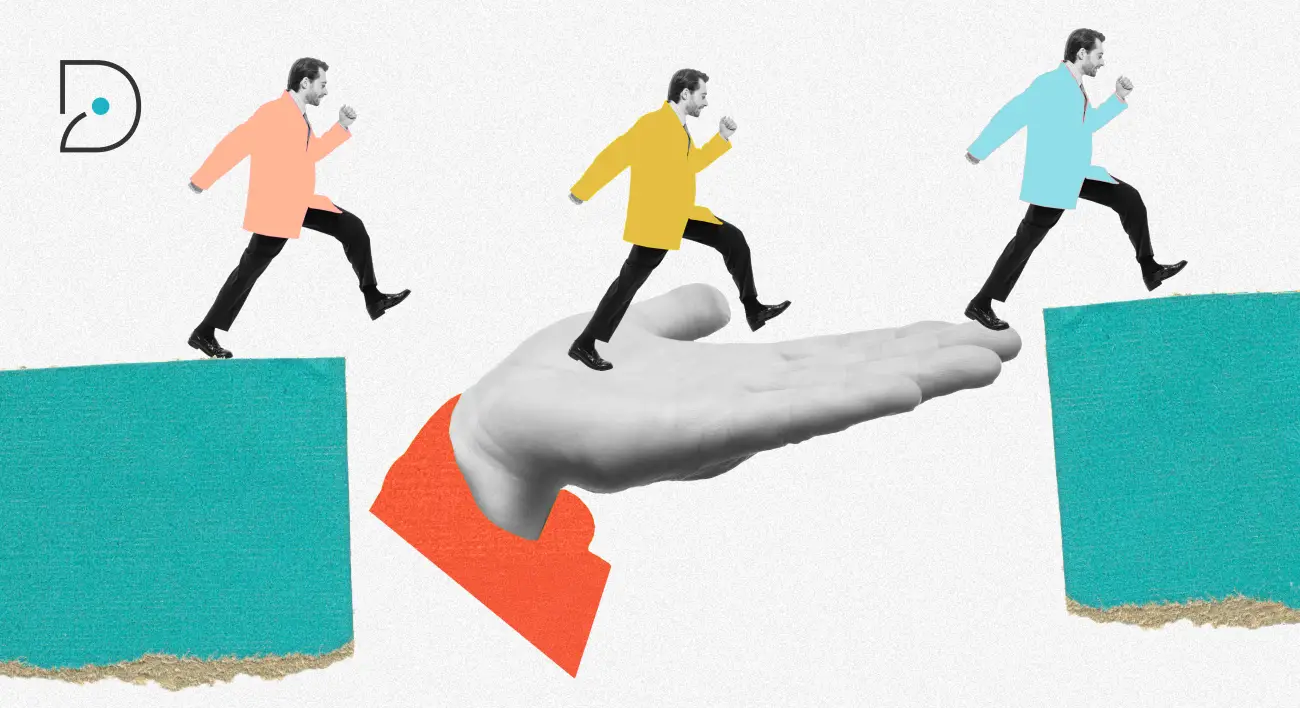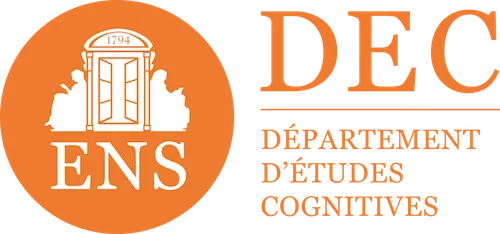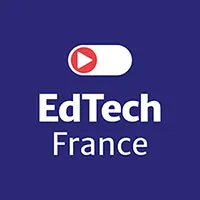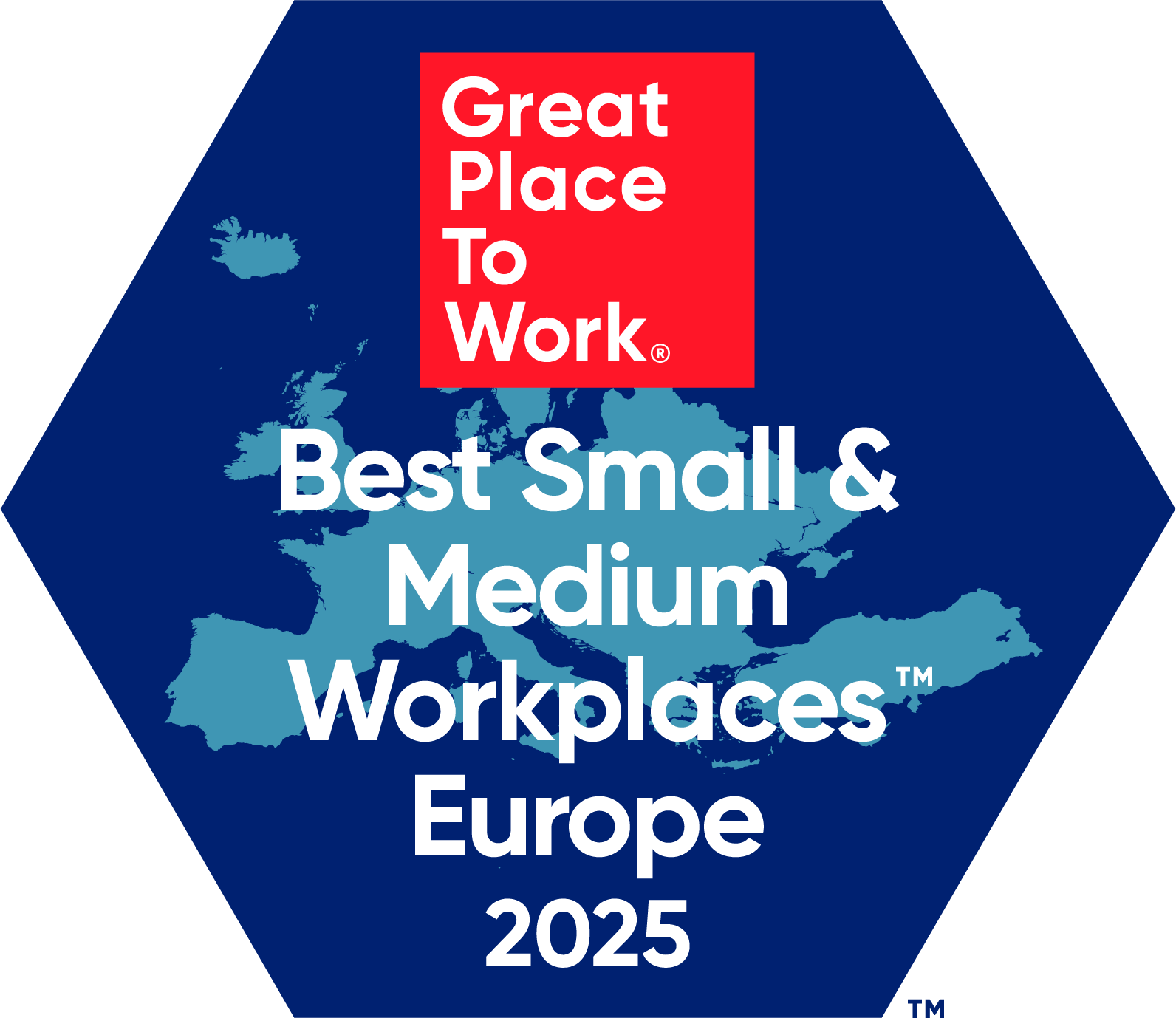

SOFT SKILLS: feedback from IFCAM on Didask modules
The University of Crédit Agricole now offers all banking group entities the opportunity to train their employees in soft skills using Didask's interactive digital modules. Challenges, choices, deployment...
Christelle Chappaz, Director of Learner Experience, answers our questions and shares her feedback with us.
Christelle, what are the missions of IFCAM, alongside Crédit Agricole entities?
IFCAM is the university of the Crédit Agricole group, and has existed for over 40 years. Our missions are very general, in the sense that we cover a very broad range of themes, including obviously Banking - Insurance - Regulatory training, but also everything that is personal effectiveness, digital training, management training, for very varied profiles, apprentices, consultants, headquarters teams, managers... We also have courses for Directors, and as we are a mutualist group, we also train elected officials. We work mainly for the Crédit Agricole group, its 39 regional banks, LCL, Credit Agricole SA, CACIB, Crédit Agricole Assurances... even if we are also opening up more and more to the outside world.
We sell projects for which entities have expressed the desire to work with us. For example, the regional banks were able to ask us to co-build a serious game for the integration of employees. For most of our activity, these are projects where we are put in competition, we receive calls for tenders. Our customers choose to go through IFCAM, which is why we are very sensitive to innovation, we must constantly prove ourselves.
Among your training themes, we obviously find the Soft Skills. When working in banking, are these skills even more important?
Yes, very strong. Because in the end, What will make the difference for our customers is precisely the human. In any case, it is the conviction of the group. Crédit Agricole has just published the group project with its raison d'être, which is to act every day in the interests of our customers and society. It is a strong ambition, based on 3 pillars: customer, human and societal. We want to be a 100% digital bank... and 200% human! “Human” skills and intelligence are decisive in order to be able to exercise responsibility, find creative solutions, be agile at the service of the customer... CThe subject of soft skills is even more important for us in a very digital, highly processed and highly standardized world..
Today, Didask modules represent
about 50% of the distance.
How was the system put in place built?
We have been working for several months on the “Transversal Skills” course, with various entities of the group, it is a co-constructed project and we have defined six main blocks: Learning to learn, Agility, Collaboration, Openness, Ability to Impact, and Creativity.
The idea is that any employee can eventually activate their CPF to consume this course (we prepare the file to have it recognized). As of today, it is offered to entities for the training plan. It is a system that, in its long version, lasts 12 days, with face-to-face and remote sessions and a 2-day “start-up challenge” that allows all of these transversal skills to be put into practice. But above all, it is a very modular path. You can deploy only the remote one, or a few blocks, for example the “Collaboration” block. Today Didask modules represent about 50% of the distance.
When we talk about soft skills, we get the impression that the subject is mainly dealt with in person. On the other hand, you did not hesitate to bet on digital learning...
Yes. There are economic reasons, such as limiting travel times, travel times, but that's not the main reason. We have a very strong digital culture within the Crédit Agricole group, especially for regulatory training. We have more than one million registrations per year on our e-learning platform.
For us, relying on a solution like Didask meant betting on a quality remote solution. As part of the blended learning system (or Hybrid learning, see the definition on Wikipedia) “transversal skills, distance modules make it possible to change the way people look at all the subjects covered.
How did you find out about Didask?
We are already working with the firm Cog'X for an interactive exhibition on the brain and learning. This bias in cognitive science (for more information, see our articles on the subject of cognitive science) which complement educational sciences was therefore already present with us. In 2018, I took over the management of the learning experience and So I wanted to choose providers who could provide a different learning experience, who could provide interesting content on cognitive science. As you were connected with Cog'X, as you are part of this ecosystem, I started to follow you on twitter, and I found feature articles very interesting!
We obviously liked your format, which is based on questioning, which authorizes and even favors mistakes and then explains why.
What convinced you about the Didask method?

Globally, You put thelearner in an active learning situation and that's obviously very positive. We obviously liked your format, which is based on questioning, which authorizes and even favors the error and then allows you to discover the “why”. It is good to be able to make mistakes and to work on the discrepancies. You get the learner to ask himself questions that will make him grow or come back to preconceived ideas, especially in”Learning to learn”.
In addition, the principle of splitting into short periods is relevant. You really encourage learners to take the time to learn, to look back on what they have learned to better remember. You assume this idea of spacing out, of dividing, of ensuring overload, of going back on your knowledge...
Another positive point is The quality of the illustrations that serve the content, rather simple and refined. You're not trying to blink, Bling Bling that doesn't necessarily help you focus. We also appreciate the principle of seeds, which grow in all cases, whether I succeeded or not, it shows that I am on the way, that I am progressing. It's a small tip but it's quite motivating for learners.
How did the collaboration happen?
You know how to work in a network, with other actors that we also appreciate, and that's a positive thing. You know how to be agile and you adapt, you are ready to learn, to improve, to listen to Feedback of your customer, and to bounce back in a logic of continuous improvement.
If you had to summarize Didask in one sentence, what would you say?
You have beliefs, which you have validated through research, and you are trying to translate them operationally, not only into advice, but into implementation and up to dissemination. Perhaps your reason for being is to take action every day to ensure that learners experience the best of cognitive science at the service of their digital learning.
At what stage of deployment are you at? What are the returns?
At the end of May 2019, we completed a pilot with 70 learners. The device was put on the market in the fall. We believe in it a lot! There is a very favorable reception from all levels, whether training managers, HRDs, DGAs. It is deployed at the time of the release of our group project, which reaffirms the place of the human in our model. The first entities have already trusted us: Crédit Agricole Assurances, La Caisse Régionale Touraine Poitou,... and we are delighted! It is still too early to have any feedback on the impact. Let's talk about it soon!
Make an appointment directly with our eLearning experts for a demo or simply more information.













